|
Welcome to Barriers and Boundaries Resilience Leadership
|
|
1/25/2024 15 Books to Help Resilient Leaders Prepare and Handle a Crisis or Natural DisasterRead Now
Resilient leaders demonstrate their strength and fortitude when faced with crises and natural disasters, showcasing their ability to guide and inspire others even in the most challenging circumstances. One key aspect of resilient leadership is preparation. Leaders who invest time and resources in anticipating potential crises are better equipped to respond effectively when those challenges arise. Through comprehensive planning, these leaders establish robust frameworks that enable them to navigate the complexities of emergencies.
Prepared leaders prioritize risk assessments and develop contingency plans, ensuring that their teams are well-informed and ready to act when needed. This foresight minimizes the impact of unexpected events and fosters a culture of resilience within the organization. When individuals feel adequately prepared for crises, they are more likely to maintain composure and make rational decisions, contributing to a collective sense of stability during turbulent times.
In the face of natural disasters, resilient leaders leverage their preparedness to coordinate swift and effective responses. They understand the importance of clear communication and maintain open lines with their teams and stakeholders. This transparency fosters trust and unity, essential elements for overcoming adversity. Moreover, by having established protocols and communication channels in advance, leaders can ensure a rapid and well-coordinated mobilization of resources to address the immediate needs of those affected.
Preparedness also extends to the emotional and psychological well-being of teams. Resilient leaders recognize the impact of crises on the mental health of their people and proactively implement support mechanisms. This may include access to counseling services, team-building activities, or other initiatives that promote a sense of community and shared purpose. By prioritizing the holistic well-being of their teams, leaders foster a resilient organizational culture that can withstand the emotional toll of crises.
In the aftermath of a crisis, resilient leaders demonstrate adaptability and a commitment to learning from the experience. They conduct thorough debriefs to analyze the effectiveness of their response, identify areas for improvement, and update their preparedness plans accordingly. This continuous cycle of learning and adaptation ensures that the organization remains resilient and better equipped to face future challenges.
Moreover, resilient leaders view crises as opportunities for growth and innovation. They inspire their teams to embrace change, adapt to new circumstances, and find creative solutions to unforeseen problems. By instilling a mindset of resilience, these leaders cultivate a culture that thrives on challenges and turns setbacks into stepping stones for future success. To sum up, resilient leaders exhibit their strength in times of crisis by being well-prepared. Through thorough planning, effective communication, and a commitment to the well-being of their teams, they create a foundation for resilience that enables their organizations to navigate challenges with grace and emerge stronger on the other side. Preparedness is the cornerstone of resilient leadership, providing the tools and mindset necessary to not only weather the storm but also to turn adversity into an opportunity for growth and positive change.
0 Comments
Leave a Reply. |
Details
Eric Bryan is a participant in the Amazon Services LLC Associates Program, an affiliate advertising program designed to provide a means for sites to earn advertising fees by advertising and linking to Amazon.com. I get commissions for purchases made through links in this post.
***As an Amazon Associate, I earn from qualifying purchases.
|


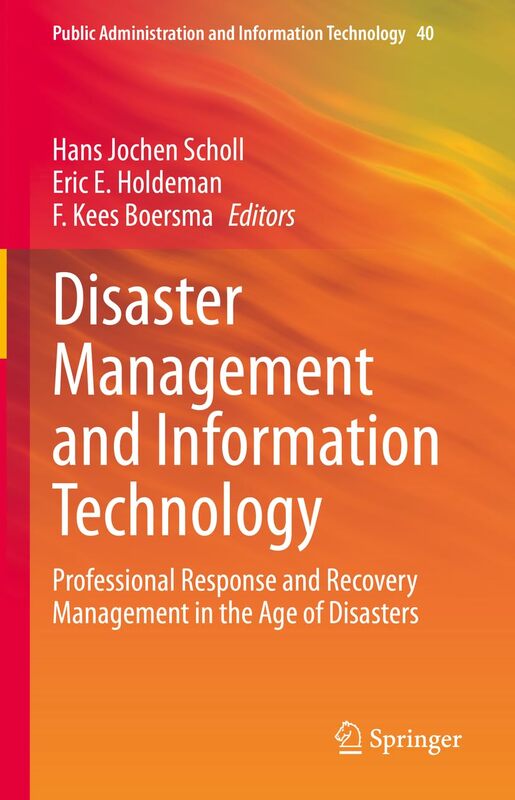
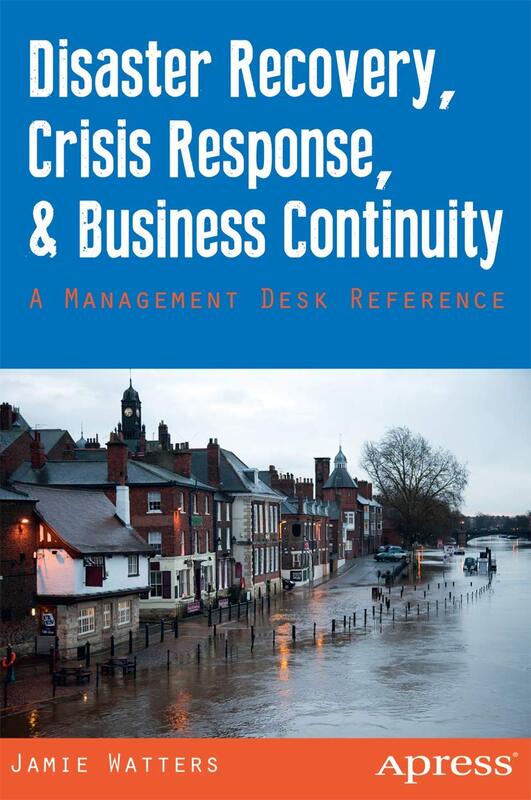
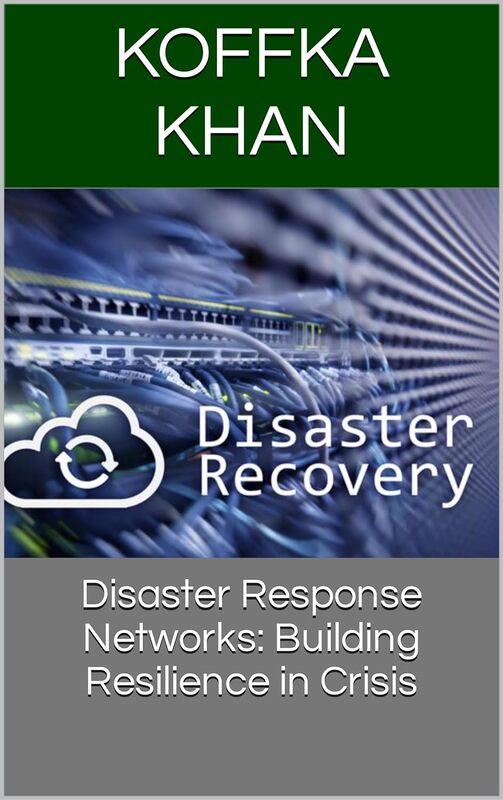
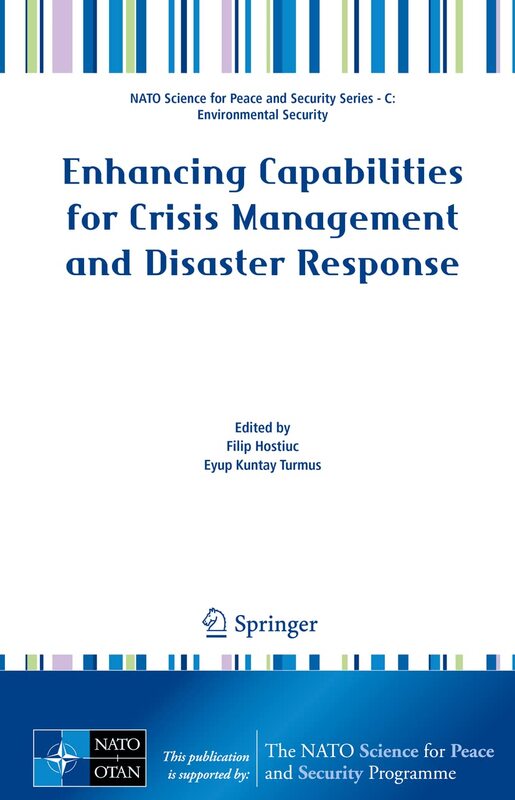


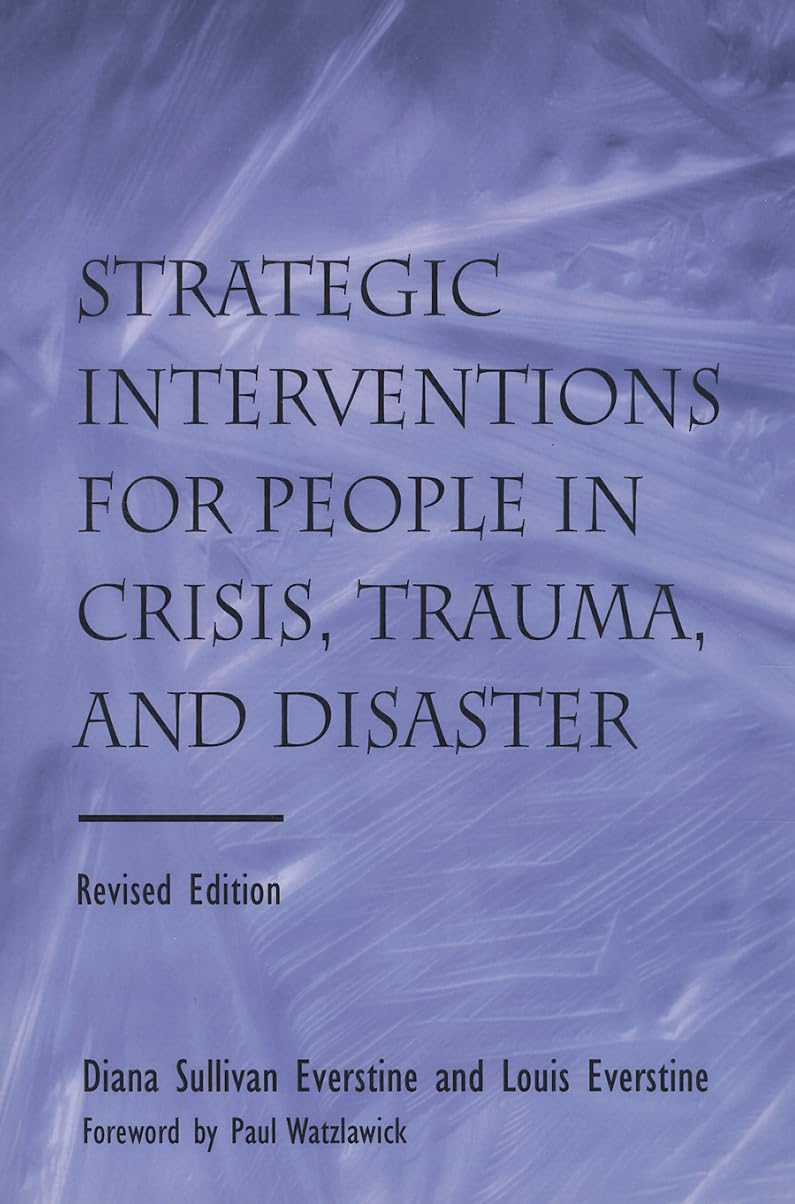


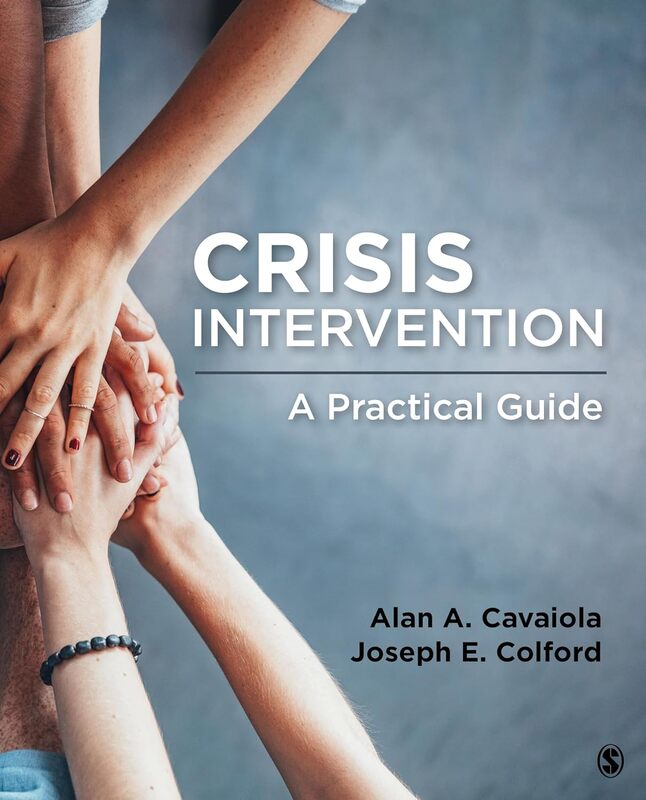
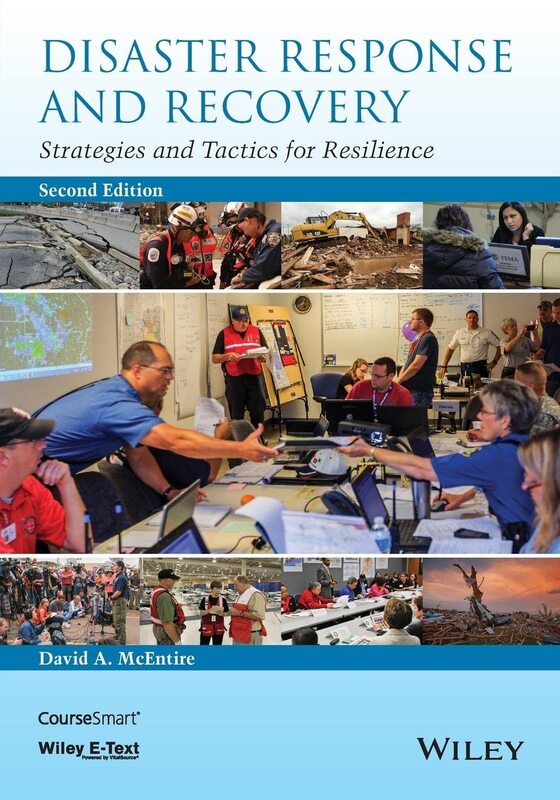
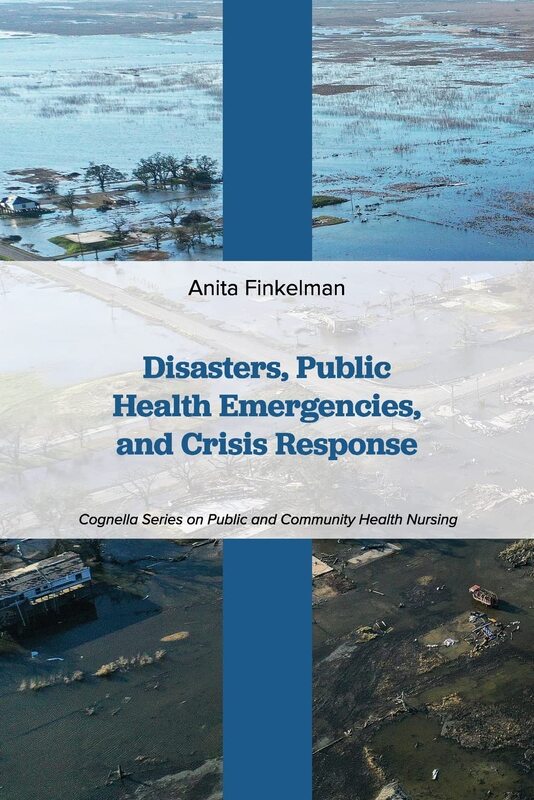
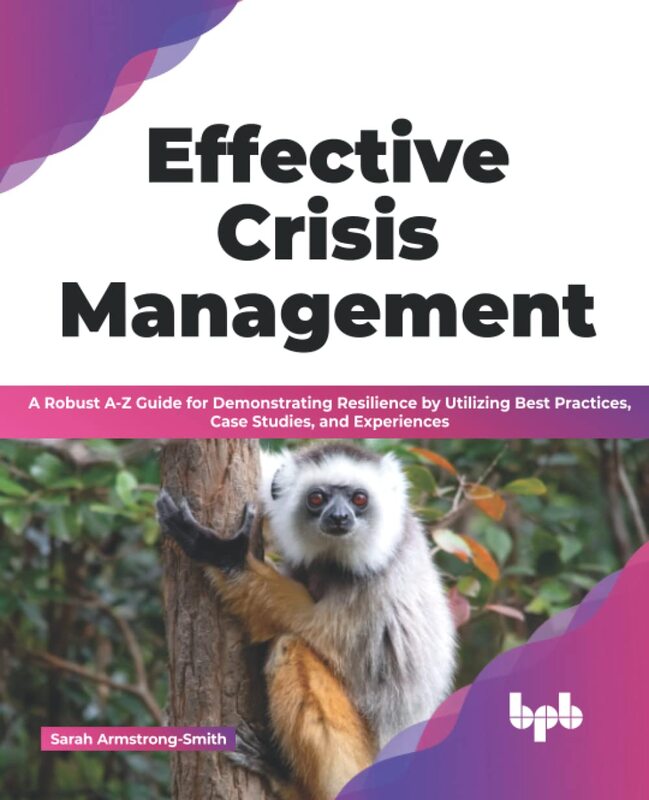






 RSS Feed
RSS Feed